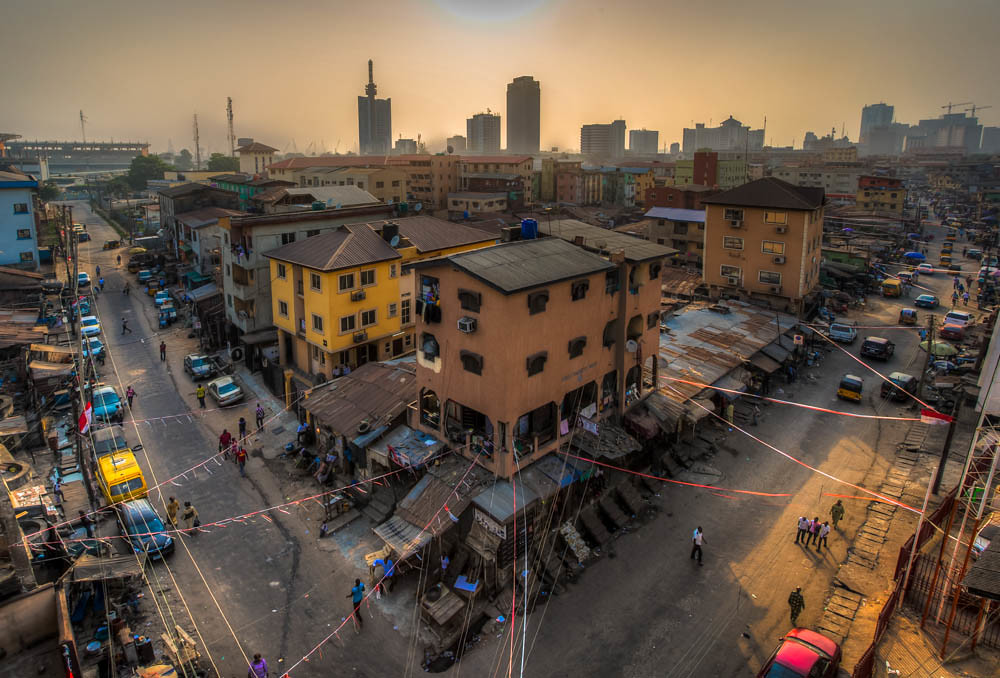I gazed from the passenger side window of a pickup truck as it climbed a steep Kampala hill, dust from the marram road blending into our view as we climbed higher. We drove through tall bronze gates into the driveway of a large detached house, much larger than your average Western home. It was the sort of place you’d find in Calabasas or the Hollywood Hills. And so was the price tag. “Five hundred thousand”. The agent later informed us. “US Dollars”.
But how is the price of a house in Hollywood Hills the same as one in a city in a developing country, where the political landscape is as unstable as the electricity, and the economy, although on the up, is nowhere near that of Southern California.
“90% of land in Africa did not have a titled owner.”
As much as I love Africa and deeply champion its continued rise, the ludicrous rises in property prices across the continent gets a great big ‘no’ from me.
It seems that there are a number of reasons for this, rampant land grabbing from foreign investors being a large one.
In 2012 it was noted that 90% of land in Africa did not have a titled owner. This makes it much easier for land to be sold to foreign investors. An Oakland Institute report indicated that large areas of land taken from millions of planters across Africa had been bought by hedge funds, with the land being used to grow biofuels or cut flowers for export. There has been increased focus on foreign investment in recent decades, fuelled by the attraction of cheap land and labour. To put this into perspective, in Madagascar alone, half of the cultivated land is foreign-owned.
“African leadership…leaving the doors open to a second scramble for Africa.”
The locals across Africa are most vulnerable to the effects of these land grabs, particularly the rural poor, for whom their land is their sole productive asset and source of food. These groups are in shaky bargaining positions when up against large foreign investors. Many have been crowded out or evicted with their land taken over against their will or given inadequate compensation.
But African leadership can garner international investment in a way that benefits locals as opposed to leaving the doors open to a second scramble for Africa.
That is not to say foreign investors are the cause of the problem. Regulation of foreign investments in Africa should improve. Along with foreign corporate investors, local real estate developers are catering to wealthier diaspora and expatriate groups. There is less of an incentive to provide affordable housing for locals and many are being priced out of the cities they work in. With most locals shut off from reaping the benefits of foreign investment, they are unable to become leaders in this growing economy.
An enriched society is one where locals are able to prosper. Foreigners buying land in Africa is not a bad thing in itself. In fact, done right it can be a great thing, creating jobs for locals and enhancing skills. Welcoming international money will undoubtedly help continue paving Africa’s path to prosperity. Leaders should be sure not to shut out those at the heart of African societies – its people.
Image by Seunism via a Creative Commons License

